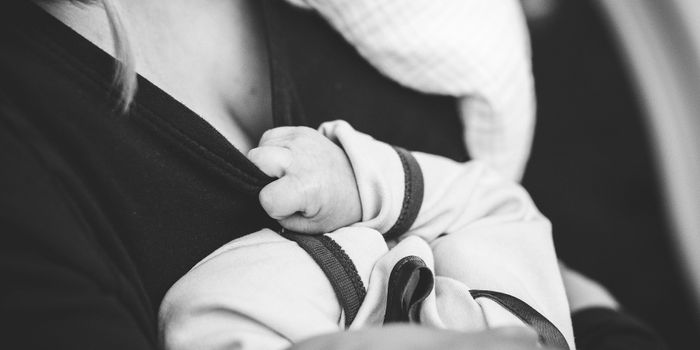Immunology
Immune Cell Transforms from 'Clark Kent' to 'Superman'
I am a scientific journalist and enthusiast, especially in the realm of biomedicine. I am passionate about conveying the truth in scientific phenomena and subsequently improving health and public awareness. Sometimes scientific research needs a translator to effectively communicate the scientific jargon present in significant findings. I plan to be that translating communicator, and I hope to decrease the spread of misrepresented scientific phenomena! Check out my science blog: ScienceKara.com.








